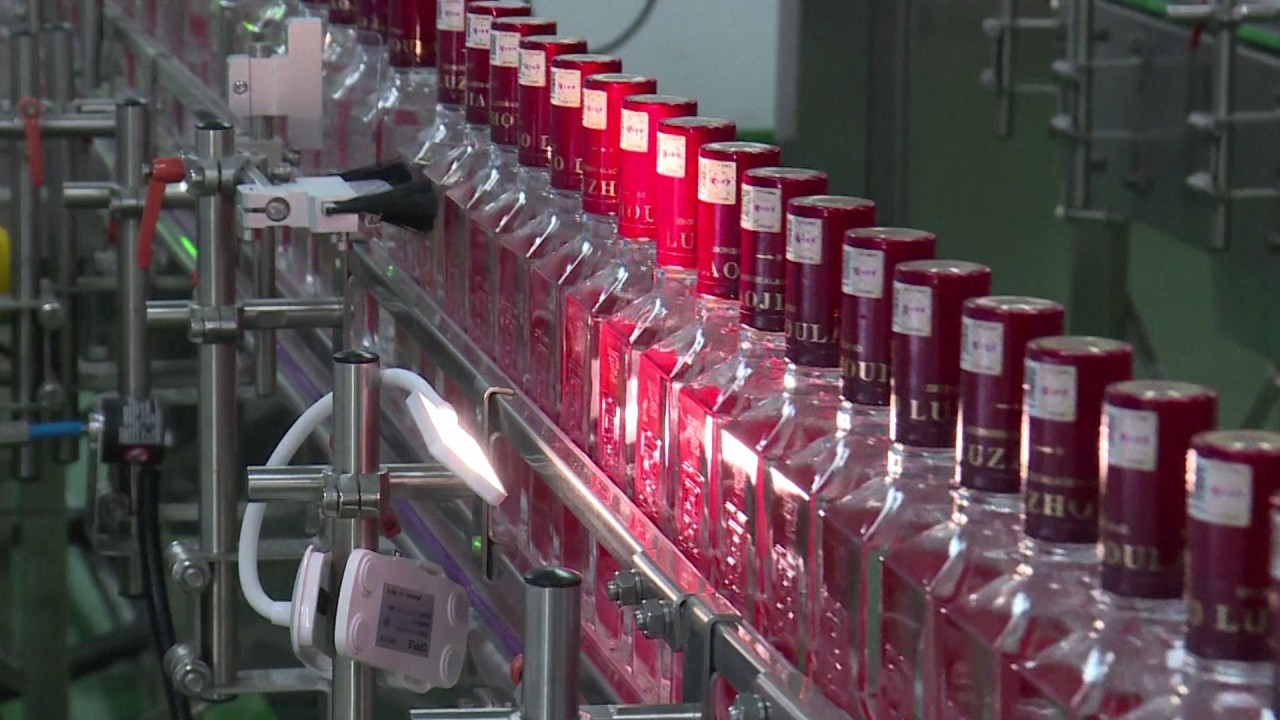
Kweichow Moutai, maker of Mao’s favourite liquor, ends 2020 with mixed report card as stock hits all-time high
- Sales of China’s national drink rose 10 per cent in 2020 while earnings trailed consensus forecasts
- Stock advanced 69 per cent to close at a record 1,998 yuan in Shenzhen, giving it a market value of US$384.5 billion
The sales numbers, based on preliminary calculations reported late Thursday, are in line with the company’s initial guidance set at the beginning of the year and just below the consensus forecast of 10.6 per cent in a Bloomberg survey of 27 analysts.
The Shenzhen-listed baijiu maker’s full-year net income of 45.5 billion yuan (US$7 billion) was below an estimate of 46.46 billion yuan.

01:56
Baijiu, China's national spirit, seeking markets abroad where taste still fails to intoxicate
The state-owned distiller did not raise the factory-gate price of the group’s core baijiu product Feitian, which has remained at 969 yuan a half-litre for three years. The retail price, however, has surged to about 3,000 yuan from 2,000 yuan at the beginning of 2020 as China’s growing middle class seeks out scarce bottles.
The company is increasing its proportion of direct sales to gain more control over prices, in response to the regulators’ call against distributors hoarding and bidding up the price.
Capacity constraints add another issue contributing to slower revenue growth. The making of baijiu requires a specific location and climate to retain the drink’s flavour, limiting the ability to expand production.
Growth in sales will accelerate in 2021 as the liquor production volume has been increasing and the direct sales channels are more diversified, according to a Jefferies analyst report in October.
Moutai in 2019 produced about 50,000 tonnes of Moutai liquors, which will take at least five years to be ready for the market, about 45 per cent more than the sales volume in the same year, indicating room for growth in the near future.
Additional SCMP reporting

